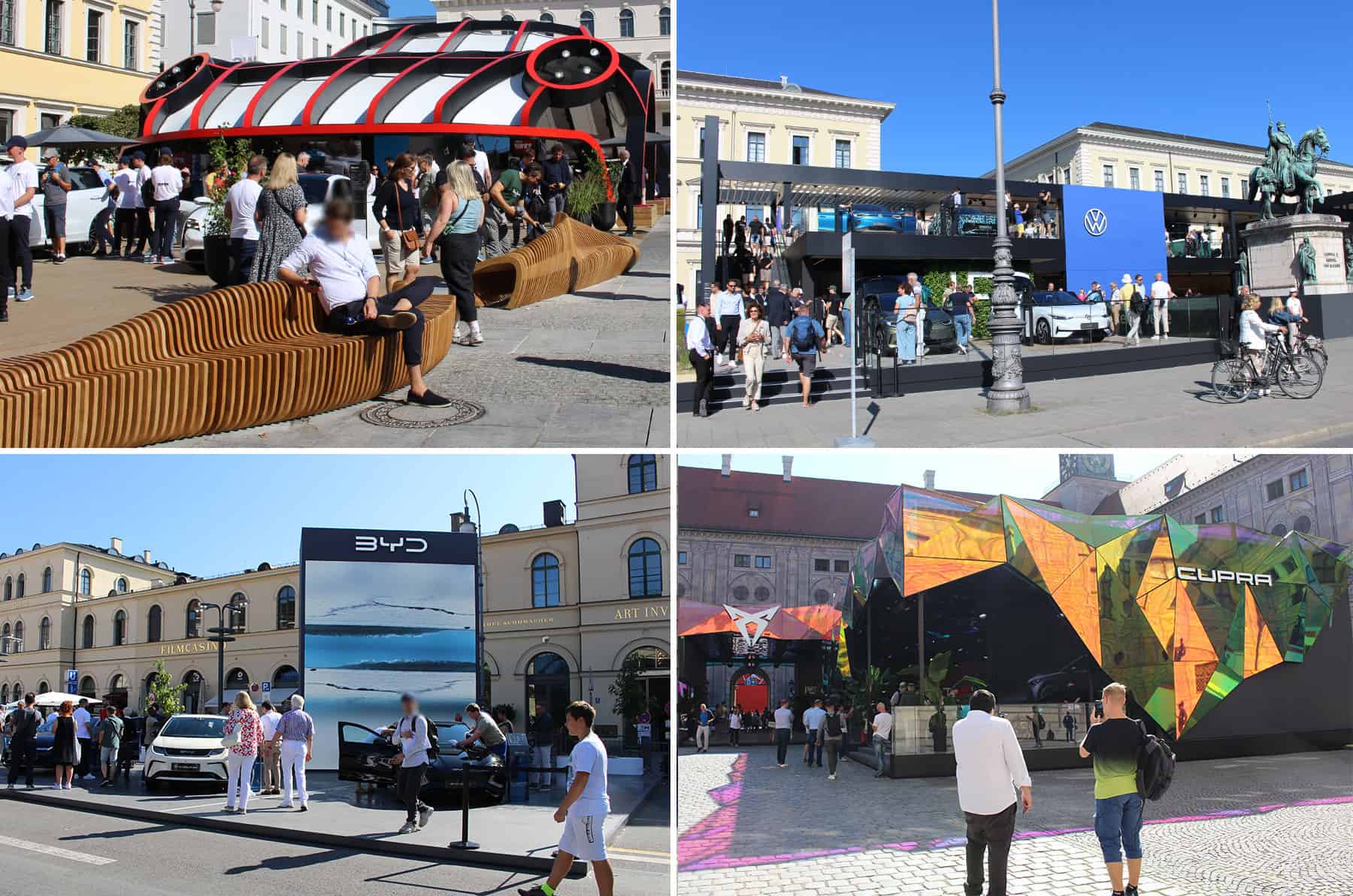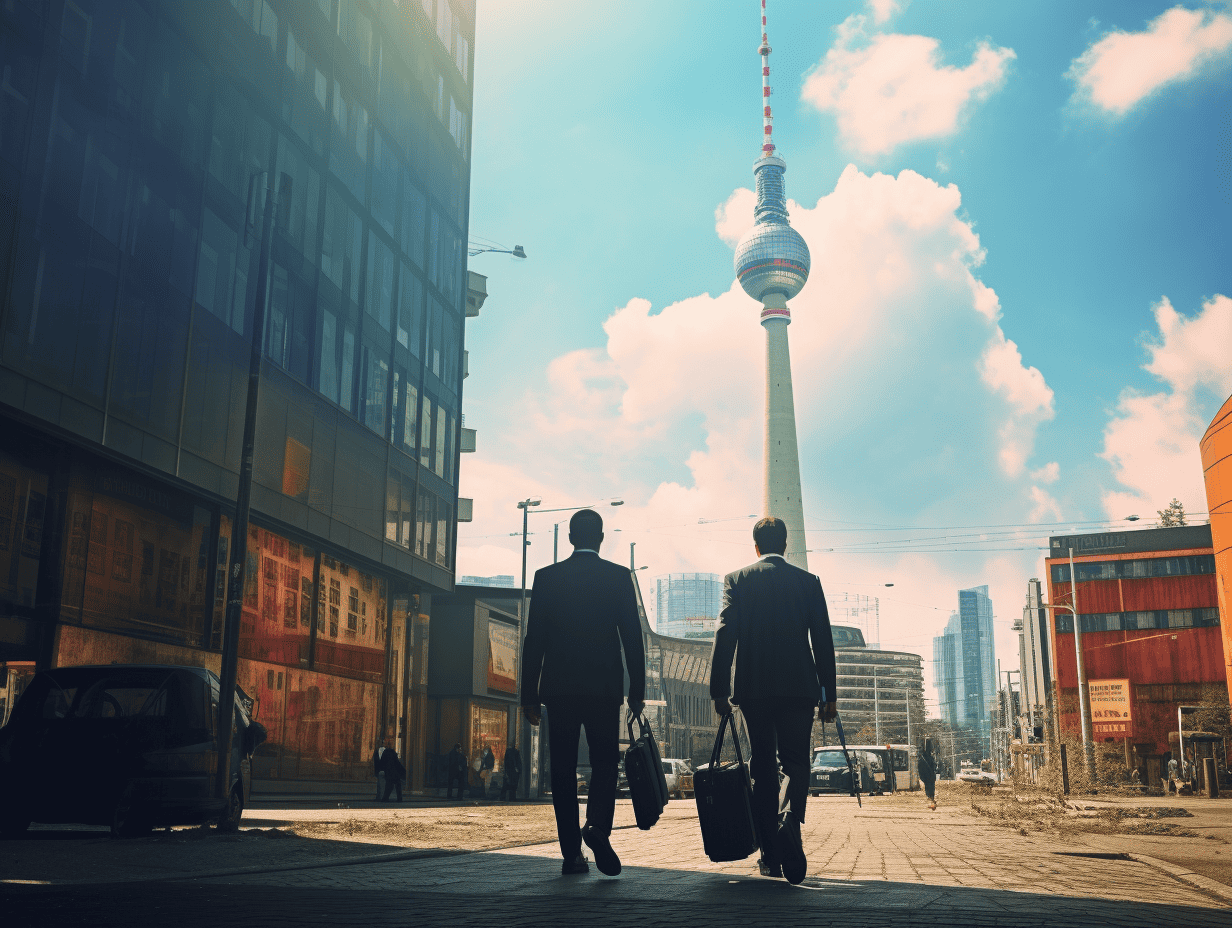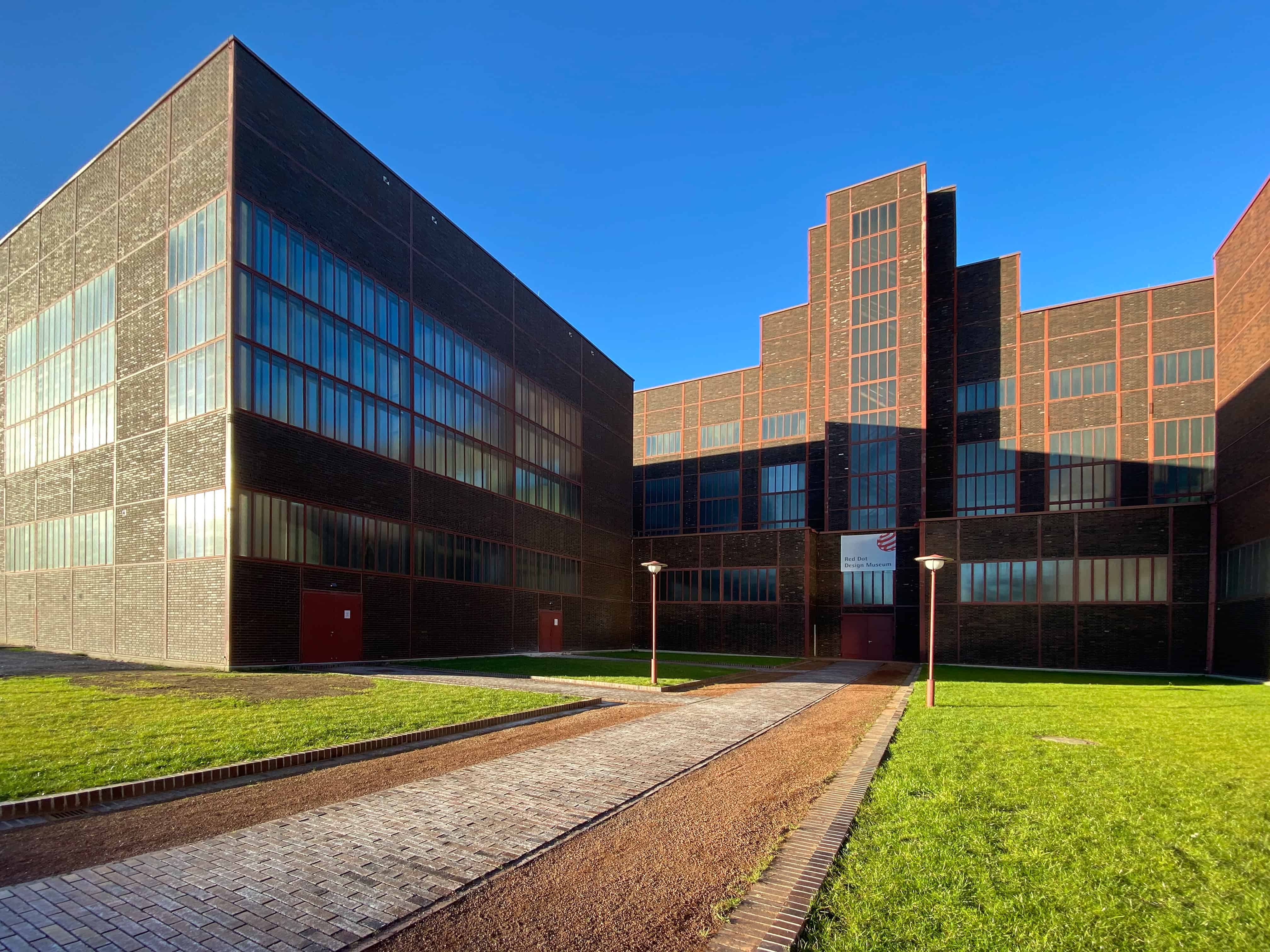
On Monday 6 September, the IAA MOBILITY trade fair will begin in Munich. After almost all of the relevant auto shows in Europe and worldwide were cancelled by Corona, the first ray of hope and the prospect of some much-needed leisure time has arrived.
When it comes to taking it easy, unfortunately, this does not seem to be the case everywhere. In the German mainstream media “a ghost is wandering around at the moment.”
The name of that ghost: The cargo bike.
Yes, you read that right. Ever since the Green Party announced ahead of the upcoming parliamentary elections that cargo bikes would be subsidized by 1,000 euros if they won the election, the controversy over the mobility of the future in Germany has been heating up.
Many motorists in Germany do not like this idea one bit. They even feel threatened and dismiss the new subsidy as the symbol of Germany’s attempt at deindustrialization. Others, however, use creative means to compare Chinese and German future innovations and visions: the Chinese cargo bike rider who switches to an electric van, and in Germany the van driver who hops on a cargo bike.
Ecologically motivated future
In other words, the debate is at a level that could not be any lower. Proponents of the cargo bike are no exception. Their ecologically motivated future constitutes a completely car-free metropolis in which only bicycles, cargo bikes and public transport are permitted.
And everything is geared towards the urban environment. One thing that all the sides forget: What happens in the countryside, where the nearest shopping outlet is kilometers away and where young people are still saving up for an old-fashioned Golf GTI so they can be mobile?
It is probably a characteristically German attitude to hysterically overstate everything. You get the impression that there is only the “either-or” option. “Both-if” would help make us all ease up a bit.
Of course, cargo bikes make sense in certain scenarios. And obviously, electric cars (and even internal combustion engine vehicles) are indispensable in other scenarios. At least that is what the organizers of the IAA seem to have grasped. Especially since they added “Mobility” to their name this year.
Sustainable mobility
For the first time, the trade fair is dedicated to the idea of future, ecologically sustainable mobility. This includes mobility concepts as well as alternative means of transport. The car is being pushed somewhat into the background, while alternative mobility concepts are coming more to the fore. According to information from the trade fair management, more than 70 brands from the bicycle industry have registered for the IAA.
Not every manufacturer is happy about that. Renowned car groups such as Stellantis with its brands Opel, Peugeot and Fiat, as well as GM and Toyota are no longer represented at the IAA at all, and have cancelled their participation.
Moreover, the whole of Munich has become one big trade fair site. The idea of getting a whole city (IAA MOBILTY Open Space) involved in the trade fair is impressive, but it could mean that a lot of people are not willing to travel the huge distances that this involves.
On the other hand, it is also not necessary to cover these distances on foot. There is always a bike or public transport….
Also interesting: IAA shifts from being purely a car show to a future vision of mobility
About this column
In a weekly column, alternately written by Eveline van Zeeland, Eugene Franken, Helen Kardan, Katleen Gabriels, Carina Weijma, Bernd Maier-Leppla and Colinda de Beer, Innovation Origins tries to find out what the future will look like. These columnists, occasionally supplemented by guest bloggers, are all working on solutions in their own way on the problems of our time. So that tomorrow will be good. Here are all the previous articles.








